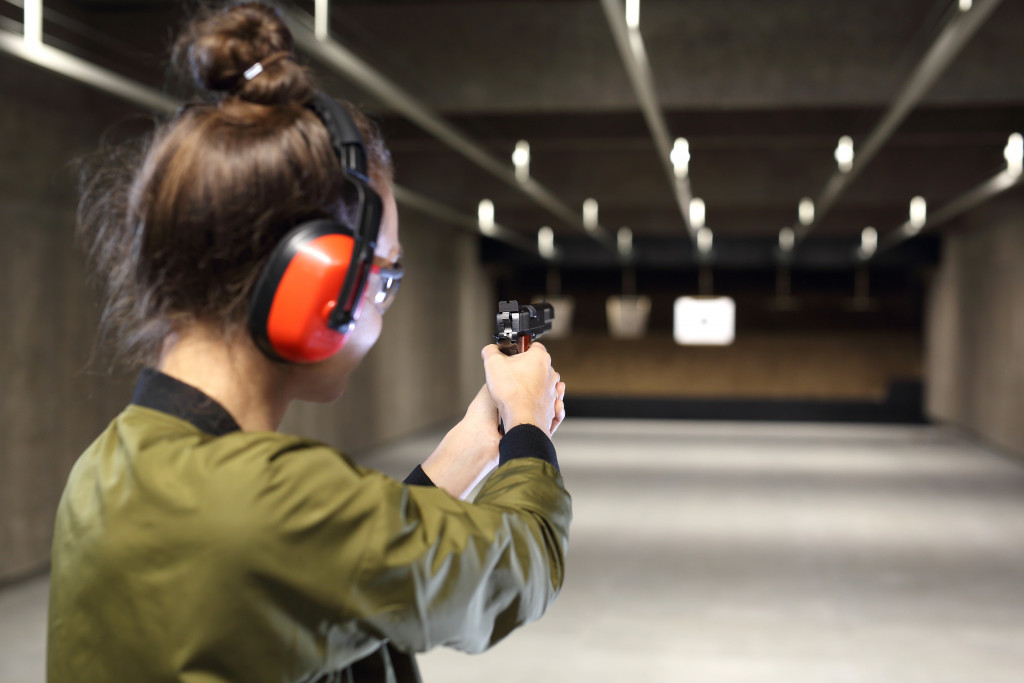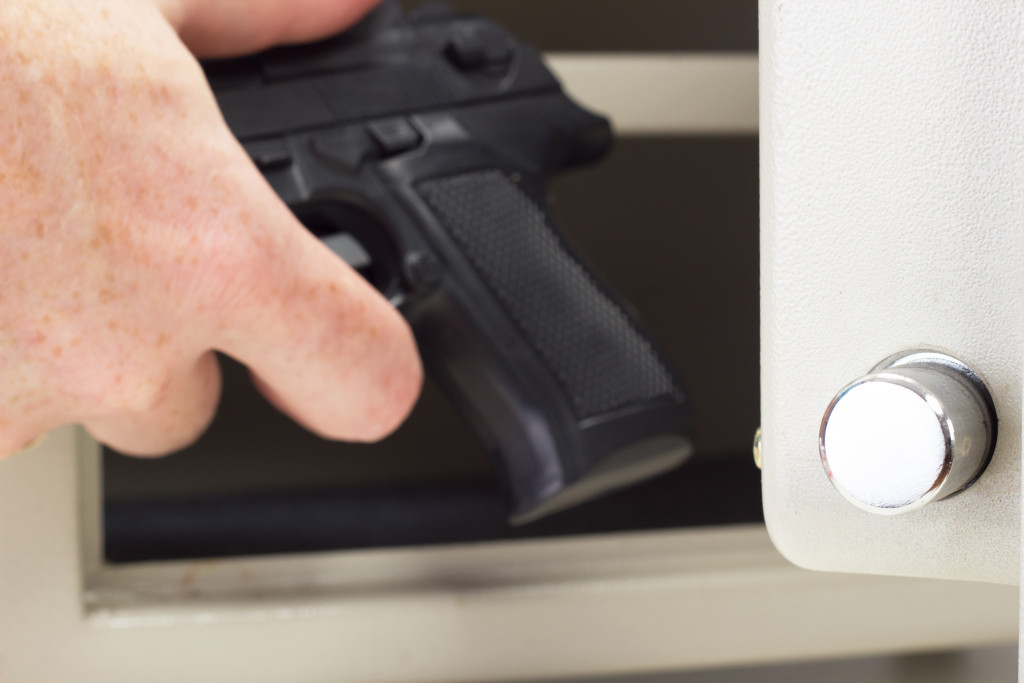Gun stores can be very profitable businesses, especially given the current political climate in the United States. Gun enthusiasts are a passionate and committed group of customers, and they are willing to spend money on firearms and accessories. The National Shooting Sports Foundation (NSSF) reports that gun sales in the United States totaled $22.8 billion in 2020. This was an increase of more than $3 billion from 2019, and it’s clear that the firearms industry is booming.
There are a few reasons for this growth. One is the increasing popularity of sport shooting. The NSSF reports that there are 25 million shooters in the United States, which is growing yearly. Another reason is the ongoing debate about gun control. People concerned about new firearms ownership restrictions are now buying guns while they can.
Whatever the reasons, it’s clear that gun stores can be very profitable businesses. The key to success is to provide good customer service and stock a wide variety of products. It’s also vital to stay up-to-date on the latest trends in the firearms industry. Still, protection will be necessary for any gun store. Here are a few to consider.
Physical Security Measures
The first thing any gun store should install is a sound security system. This should include surveillance cameras, motion-sensing alarms, and other features to monitor activity within the premises. It’s also essential to have secure locks on all doors and windows and shatterproof glass for display cases. All of these measures can help deter potential thieves.
The basic security system for businesses will not be enough for such a dangerous product, making investing in a more reliable system essential. Gun stores can look into security systems with facial recognition technology, biometric locks, and even “smart gun” technologies that require users to authenticate themselves before firing the weapon.
Additionally, gun store owners should be aware of the laws surrounding firearms sales in their state and adhere strictly to them. This will help avoid legal issues arising from careless or illegal activities.
Employee Training

Physical security measures are essential, but they will be less valuable if the employees aren’t well-trained. All employees should attend mandatory training sessions to understand gun laws and safety protocols. They should also know how to operate different types of firearms and other products sold in the store.
You can also share some of the things they teach employees with customers. For example, when handling firearms or accessories, they should demonstrate proper gun safety techniques and have customers sign waivers stating that they understand the risks associated with their purchase.
It’s also essential for store owners to check that employees are following all applicable laws and regulations. This includes ensuring background checks are conducted on all new hires, verifying employee licenses, and keeping up-to-date firearm sales records.
Regular assessments evaluating employees’ skills and knowledge can help ensure that the store runs smoothly. Additionally, it’s a good idea to post safety signs throughout the store, reminding customers and staff about handling guns properly.
Technology Solutions
You can also use technology to protect gun stores. Many systems can help detect and deter theft or illegal activities. Gun store owners should look into installing RFID tags on firearms, alerting the owner of any suspicious movement. There are also software programs explicitly designed for firearm inventory control and tracking.
In addition to these measures, gun store owners can use reliable web hosting services to secure their online presence. You should utilize password protection, firewalls, and other security features for any websites associated with the business. Finally, investing in cyber liability insurance is a good idea in case of hacking attempts or data breaches.
Insurance Coverage
Finally, it’s vital to get the right insurance coverage. Gun stores may need general liability and product liability policies to cover potential losses from lawsuits or firearms accidents. Businesses should also get workers’ compensation and property damage coverage for unforeseen incidents.
You can find a gun store insurance company to help you understand the various policies available, such as inventory coverage, loss of income protection, and legal liability coverage. With the right insurance in place, you can have peace of mind knowing that your business remains protected against any potential risks or losses.
Final Thoughts
Having suitable security measures and insurance policies in place is essential for gun store owners. Training employees thoroughly on applicable laws, safety protocols, and proper gun handling is also crucial. Finally, investing in technology solutions like RFID tags and web hosting services can help ensure a safe environment for customers while protecting the store from theft or other illegal activity. With these tips, you can keep your business secure, provide top-notch customer service, and remain compliant with all applicable laws.

